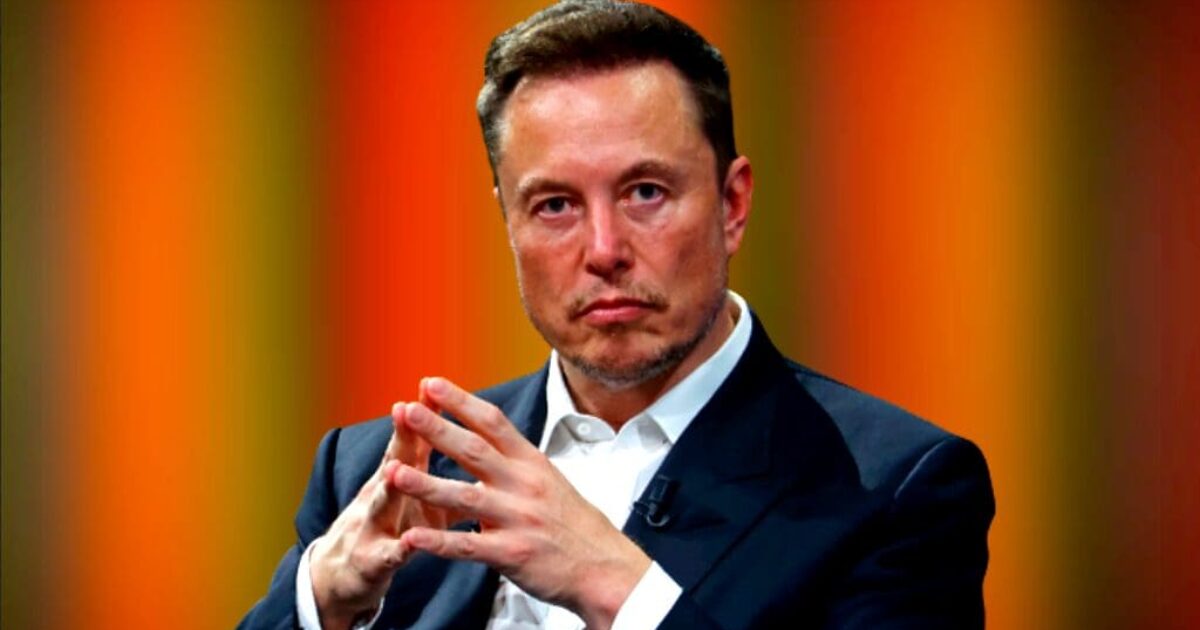We support our Publishers and Content Creators. You can view this story on their website by CLICKING HERE.

On Wednesday, Elon Musk blasted the Federal Communications Commission (FCC) for its decision not to move forward with an award for SpaceX’s Starlink, which would have provided rural broadband. Musk suggested that the decision may have cost lives in the wake of Hurricane Helene.
Musk wrote on X, “Had the FCC not illegally revoked the SpaceX Starlink award, it would probably have saved lives in North Carolina. Lawfare costs lives.”
Had the FCC not illegally revoked the SpaceX Starlink award, it would probably have saved lives in North Carolina.
Lawfare costs lives. https://t.co/FF0ugexP2g
— Elon Musk (@elonmusk) October 2, 2024
After Musk acquired Twitter, now X, the Biden-Harris administration gave federal agencies a greenlight to go after him. During a press conference at the White House in 2022, Biden said Musk “is worth being looked at.”
When pressed on how, he promised, “There’s a lot of ways.”
One of those ways became apparent in 2023 when the FCC revoked a 2020 award of $885 million to Musk’s Starlink after the company agreed to provide high-speed Internet service to over 640,000 rural homes and businesses across 35 states.
The agency argued Starlink “wouldn’t be reasonably capable” of meeting the program’s requirements.
Commissioner Brendan Carr wrote a scathing dissent on the decision.
Carr wrote, “First, the FCC revokes Starlink’s $885 million award by making up an entirely new standard of review that no entity could ever pass and then applying that novel standard to only one entity: Starlink.”
“In particular, FCC law provides that a winning bidder like Starlink must demonstrate that it is ‘reasonably capable’ of fulfilling its end of the bargain that it struck with the FCC back in 2020. In this case, that means Starlink needed to show that it was more likely than not that Starlink could provide high-speed Internet service (specifically, low-latency, 100/20 Mbps service) to at least 40% of those roughly 640,000 rural premises by December 31, 2025.
“Starlink did exactly that in a voluminous series of submissions that it filed with the FCC throughout 2021 and 2022. Indeed, the record leaves no doubt that Starlink is reasonably capable of providing qualifying high-speed Internet service to the required number of locations by the end of 2025. The Commission’s decision does not even grapple with that evidence—it simply ignores it.”
“Instead of applying the traditional FCC standard to the record evidence, which would have compelled the agency to confirm Starlink’s $885 million award, the FCC denied it on the grounds that Starlink is not providing high-speed Internet service to all of those locations today.”
“What? FCC law does not require Starlink to provide high-speed Internet service to even a single location today. As noted above, the first FCC milestone does not kick in until the end of 2025. Indeed, the FCC did not require—and has never required—any other award winner to show that it met its service obligation years ahead of time.”
While Biden-Harris dithered in their response to a national disaster, President Trump and his family joined Musk by bringing Starlink to those in need.
BIDEN TRIES TO STEAL CREDIT AS TRUMP, ELON DEPLOY STARLINK FOR HURRICANE VICTIMS
Trump says he spoke with @elonmusk to deploy Starlink for emergency communications in areas hit by Hurricane Helene.
This came before Biden claimed he “directed” the Starlink rollout, which… pic.twitter.com/p6eIdXStPg
— Mario Nawfal (@MarioNawfal) October 2, 2024
YUGE shout out to @IvankaTrump and the Love and Light Foundation for flying in 300 STARLINK units for the #helene victims of the #NorthCarolinaFlood ! #unitedisstrength #unitedcajunnavy #CajunNavy #Helene pic.twitter.com/H6QPX9OPHu
— United Cajun Navy (@Unitedcajunnavy) October 2, 2024

 Conservative
Conservative  Search
Search Trending
Trending Current News
Current News 


